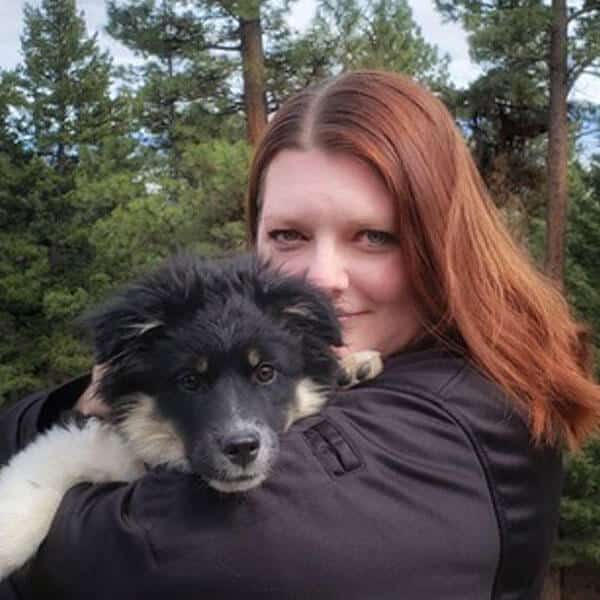Friend or Foe: Do You Know?
July 7th, 2020
4 minute read
The COVID-19 quarantine has been hard for many across the board. While phrases like “social distancing” and “essential businesses” have now found their way into everyday language, there is a whole world behind them that most people never think about — and that world is a critical aspect to surviving and thriving in the new normal.
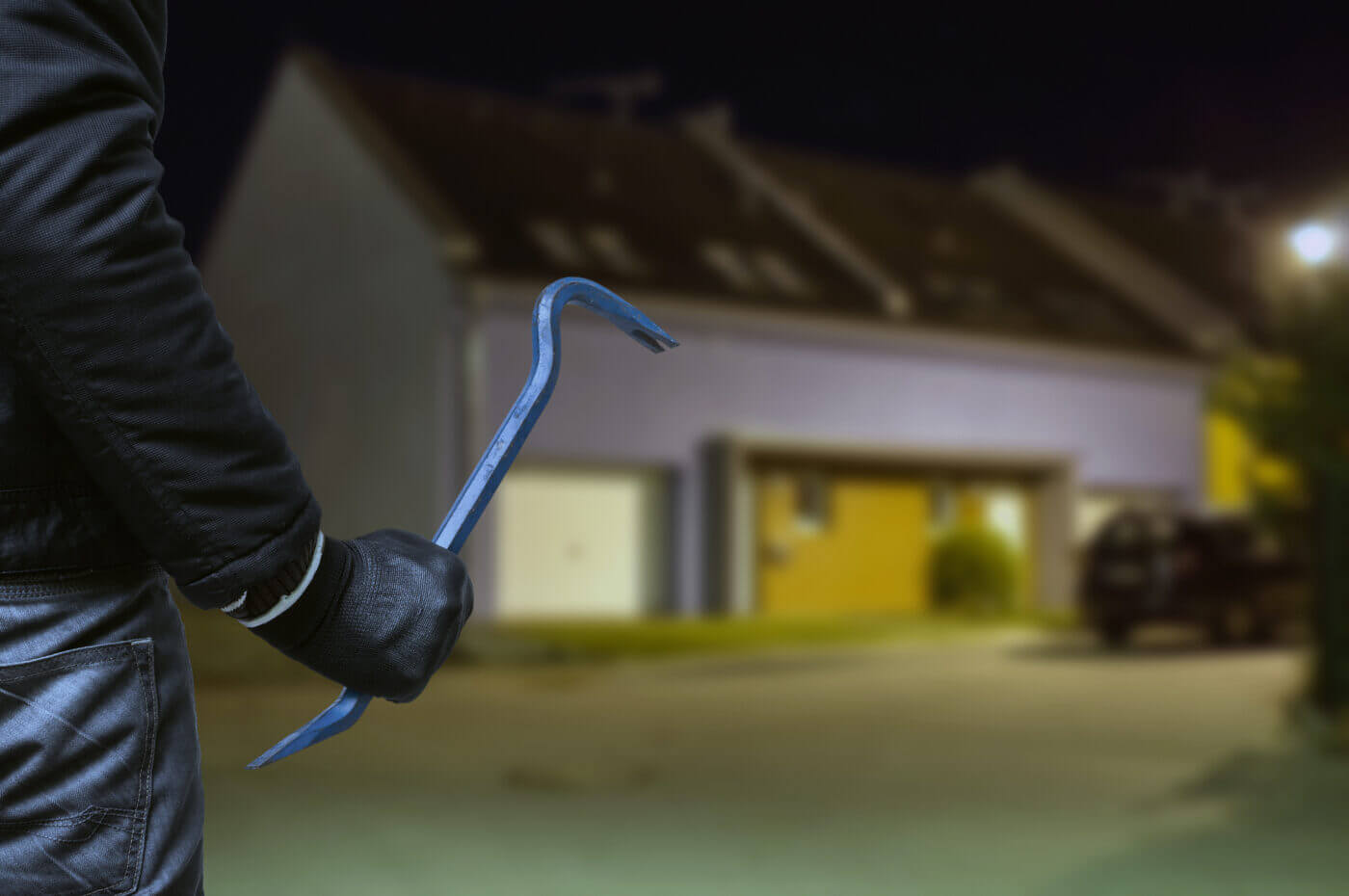
In many urban locales, people don’t know their neighbors. They go about their business while avoiding getting into anyone else’s. In rural areas, however, it’s often the opposite. Farmers, ranchers and even small towns often look to help each other in time of need. That’s not always the case, of course, and quite frankly, the groundwork for having a micro-community should have been laid a long time ago. But here we are, so what can you do to get started now?
Know Who Your Neighbors Are
It should go without saying, but you’re never going to create a solid micro-community with your neighbors if you don’t even know who they are. And I don’t mean that you should know their names. You need to know what they do, what they want, what they need. What drives them and makes them who they are. What they believe in.
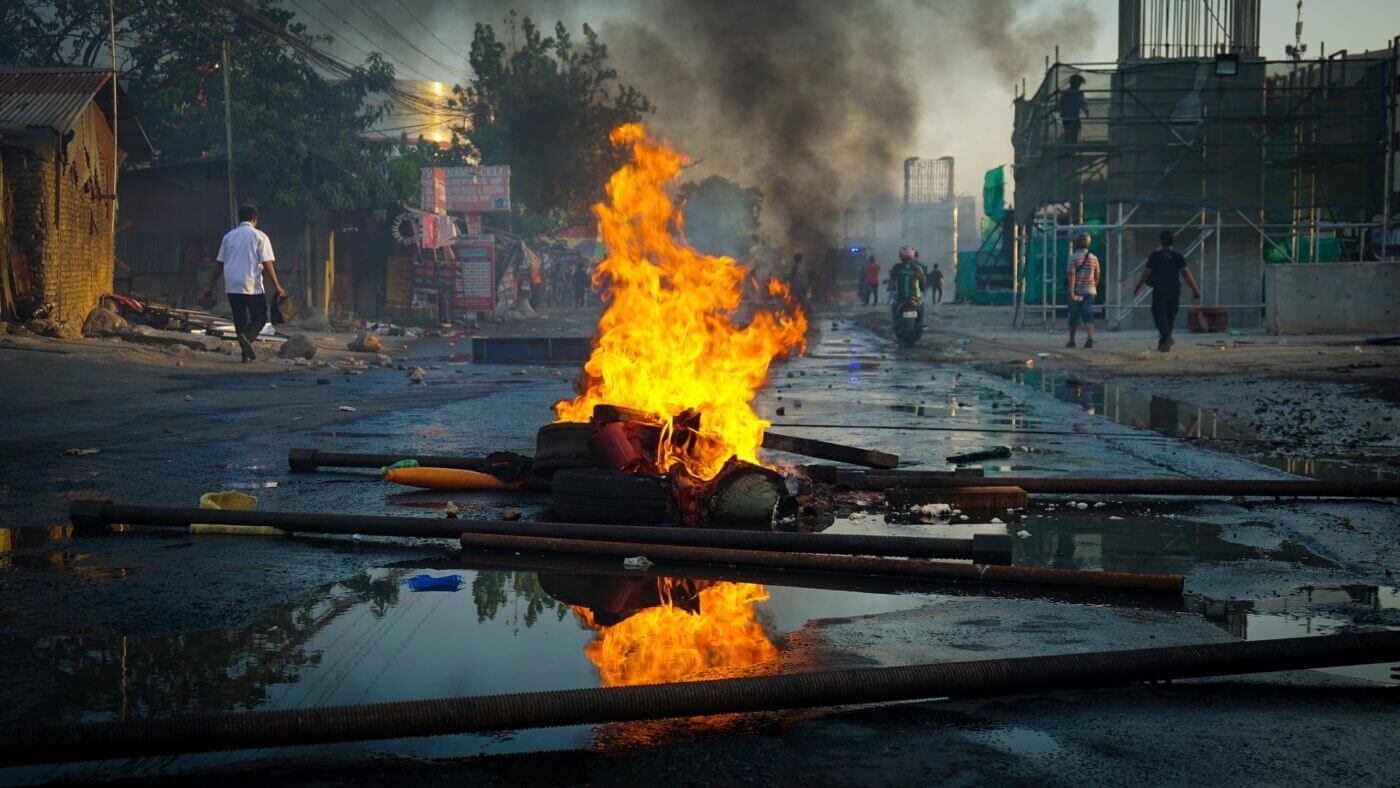
This isn’t a nefarious undertaking or some kind of manipulation; it’s actually a foundation for a relationship. In normal circumstances, these things are ascertained in every close friendship we have. It happens over time, through shared experiences and conversation. We don’t know how much time we have until we don’t have any more, so every little bit you do now matters.
Does this mean you should start interrogating all your neighbors? Of course not. It means you need to start reaching out and being a neighbor to them. You need to be fostering that relationship. Spend time with them. Help them out if you can. Have conversations; ask questions that will give you an idea of where they are in the survival journey. The current situation is the perfect “in” to get those conversations going, and you may find that the neighbor who once thought there was no point to preparing is actively trying to figure out how to start doing it now. That’s where you come in. The more prepared and stable your neighbors are, the better off you’ll be too.
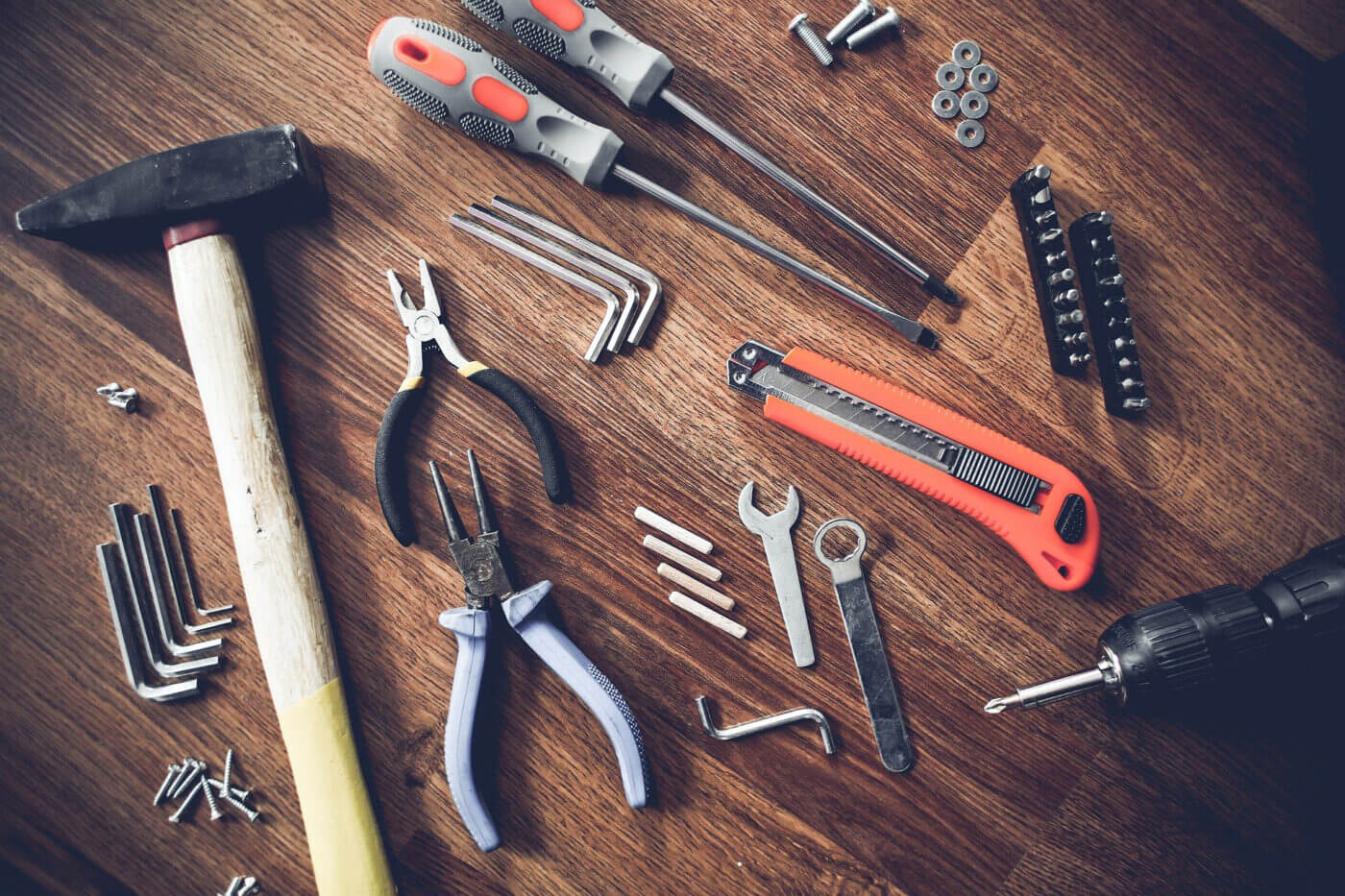
Understand Nearness May Trump Family
The hallmarks of a micro-community are closeness, ability and willingness to assist, things like that. You have a close family and a lot of friends. When you think about your inner circle and what that looks like, you should ask yourself one question: Of those whom you think would be there for you in a disaster situation, how many of them live close enough to you that they could show up in five minutes or less?
That’s a pretty small time window, but consider this: If you or a family member is bleeding out, your home is on fire or you have looters breaking into your house, how much time do you have?
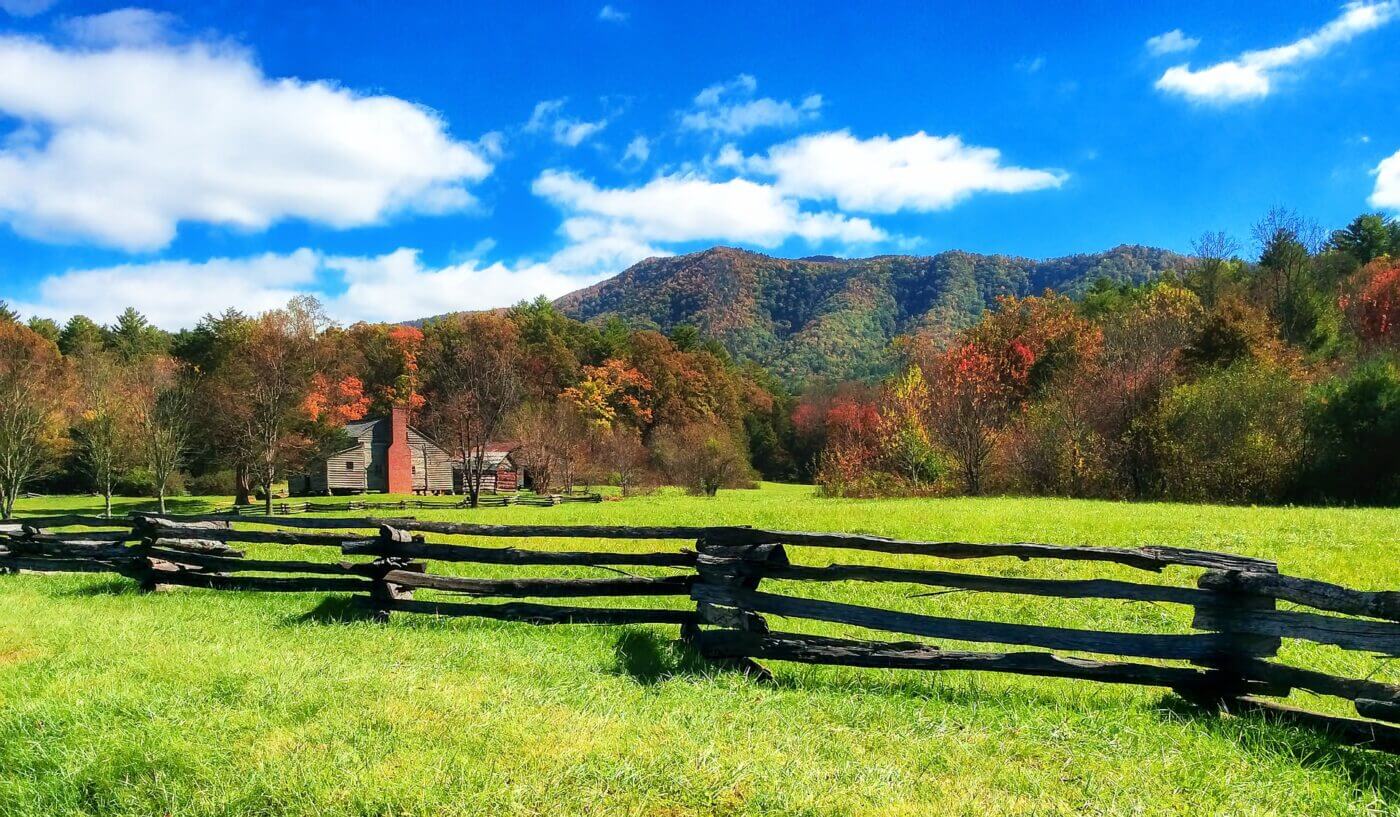
This doesn’t mean that long-distance friends and family are somehow obsolete. It means that in a functional micro-community focused on survival during a disaster, grid-down event or other society-altering situation, the people you’re going to depend on are right there next to you — not two states away.
Everyone Brings Something to the Table
In a micro-community that’s healthy and functional, everyone is part of the “economy” and literally anything — tangible or not — can be currency (to learn more about “disaster currency,” click here). Think through the things you and your family might need. Think about who has those things and might trade, or who can teach you to make or get them. Just as importantly, think about what you can do for them or trade in return. That’s where the “what do they need?” questions come into play.
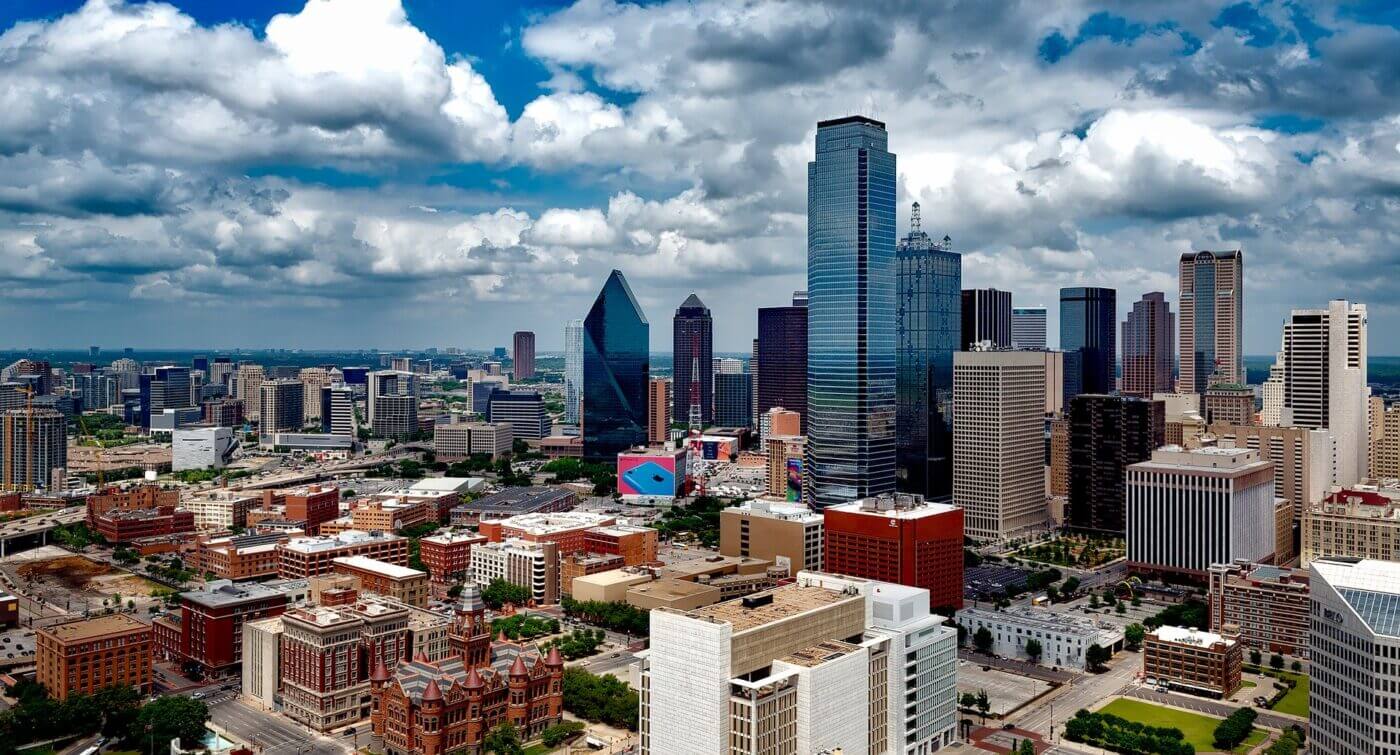
Entire books could be written about building community, and they have been. It’s not a quick or even easy undertaking, and it’s very late in the game to be starting. Better late than never, as the saying goes. Whether you’re in an urban scenario and need a little more individual safety in the neighborhood or you’re in a rural setting and need to be nearly completely self-sufficient, any effort you put toward community is going to be effort that’s well-spent.
Editor’s Note: Please be sure to check out The Armory Life Forum, where you can comment about our daily articles, as well as just talk guns and gear. Click the “Go To Forum Thread” link below to jump in!
Join the Discussion
Continue Reading
Did you enjoy this article?

 51
51





